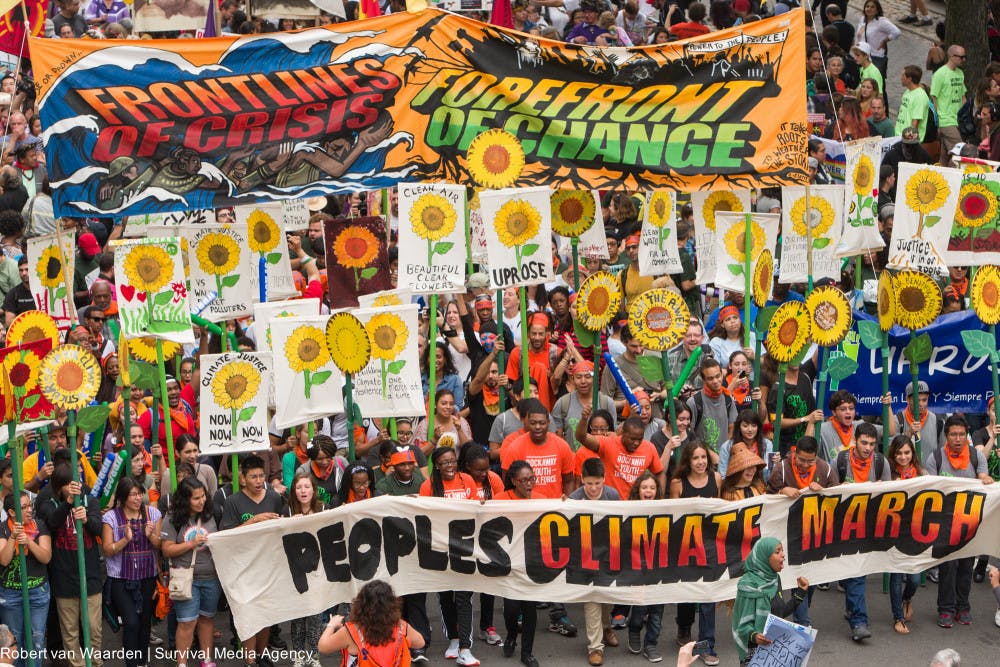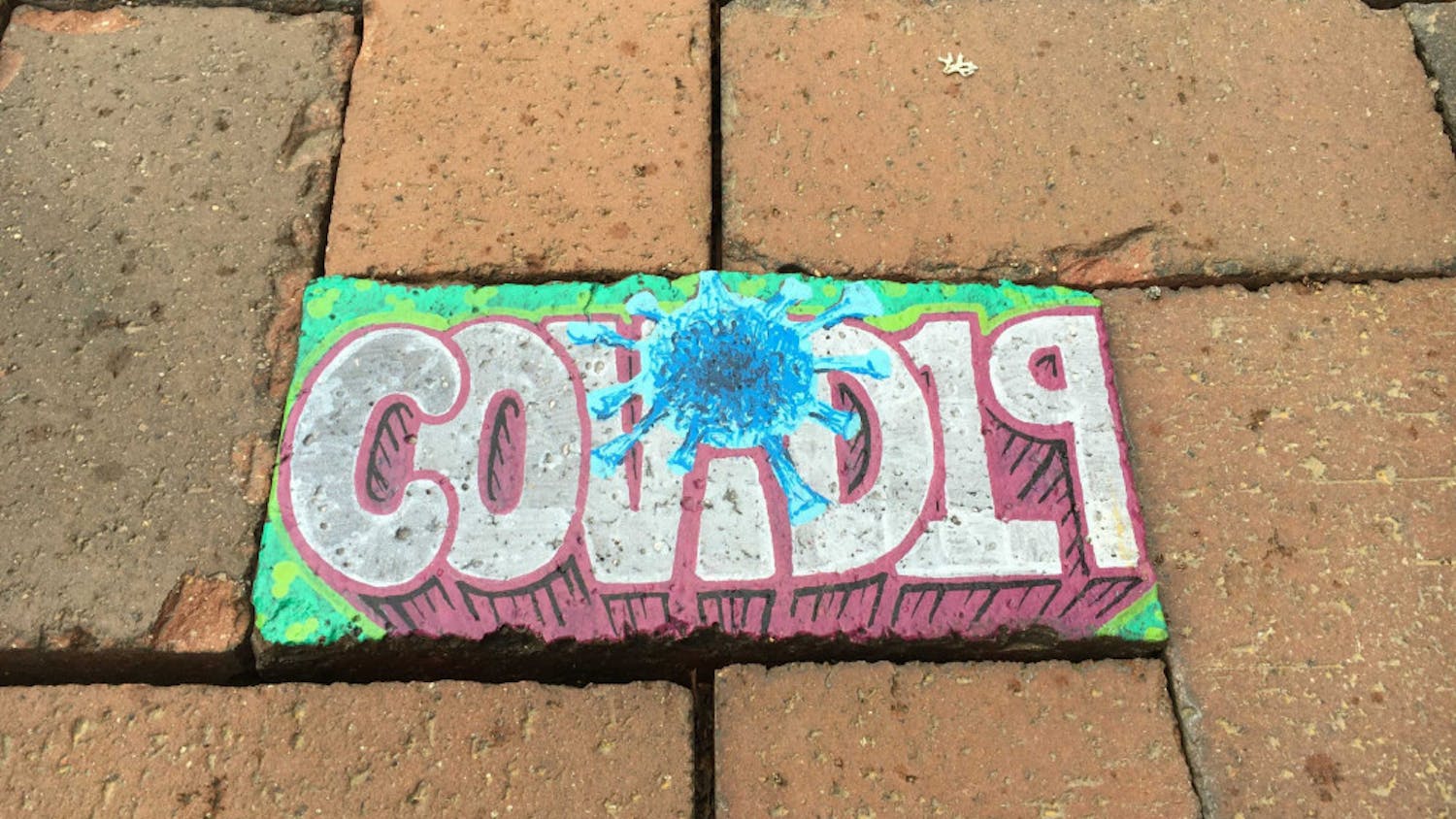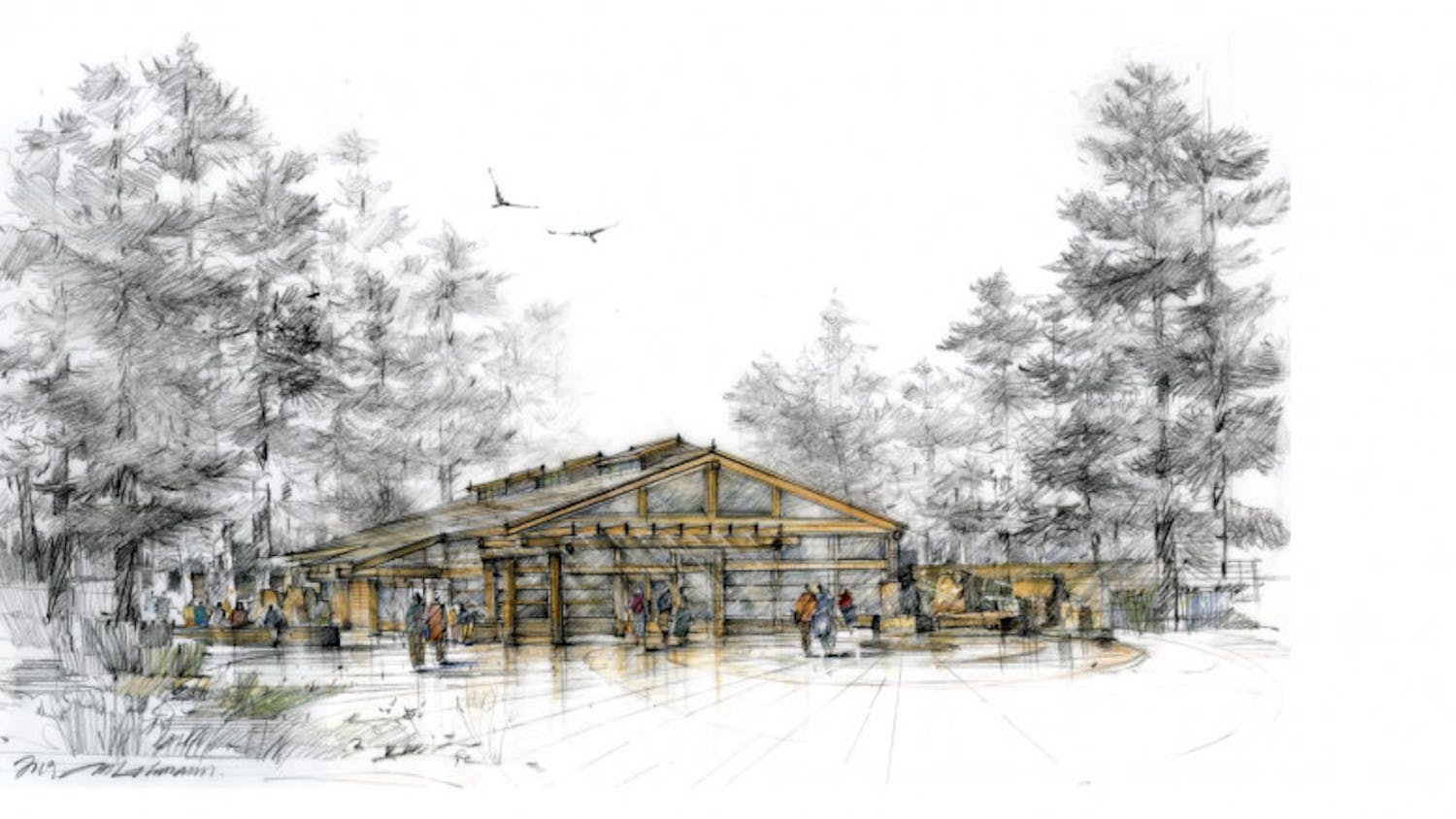Washington policy makers are working to make environmental justice the priority in the fight against climate change
Editor's note: This story has been amended to clarify the relationship between tribal and federal governments. The clarification was made to a quotation from an interview with Millie Piazza, at her request. Additional information regarding section 6 of the Climate Commitment Act has been added to the story as well.
Environmental justice advocates call for underserved communities and tribal nations to have a seat at the table and agency in the decision-making process, which could be undermined by Gov. Jay Inslee’s latest vetoes on the climate package.
At the heart of their framework, new state legislation like the Healthy Environment for All Act and the Climate Commitment Act, is centering communities on the frontlines of environmental hazards.
However, advocates say fighting the climate crisis and implementing a remediation to the legacy of environmental racism will only be possible if those who are the most affected get to be included.
Millie Piazza, an environmental justice senior advisor for the Washington Department of Ecology, said prioritizing collaborative work with tribal nations and overburdened communities will be crucial to putting sustainable long-term measures in place.
“They know what is needed and so that's where that collaboration comes in, that listening, that humility, that's where the equity comes in,” Piazza said. “That's equitable and meaningful engagement to really work together, to find out what the needs are and how we can support each other.”
Rebecca Ponzio, a climate policy expert with the Washington Environmental Council, said environmental work is rooted in coalitions because they allow for dialogue that includes everybody.
“I prioritize working in partnership and in collaboration with overburdened communities, communities of color and tribal nations,” Ponzio said. “Connecting the dots with environmental organizations and partners, building, maintaining and deepening our coalition so that we can take action for our climate in a way that reflects the needs.”
In Washington state, Ponzio said what has been most impactful this year is the work that so many groups and entities, like Black-led coalitions, tribal nations and organisations like Front and Centered have put in for decades, finally coming to fruition through the environmental justice framework added to state legislation.
“The [Healthy Environment for All] act establishes and codifies environmental justice in the state law and sets the requirements around engaging communities, engaging tribal nations in decision-making processes across the state,” Ponzio said.
The Climate Commitment Act, implementing an economy-wide cap and invest program to achieve the state’s greenhouse gas emission goals, will not only require reinvestment of the program’s revenues into affected communities, but also give them agency in decision-making and appliance of resources.
Section 6 of the Climate Commitment Act directed the improvement of the consultation framework between state agencies and tribes for climate investments made under the act.
“[It] explicitly integrates the leadership of tribal nations and overburdened communities into the adaptive management of the entire program,” Ponzio said.
The section also required the tribe’s consent for climate projects funded by its revenues, but Gov. Inslee’s veto on it announced a more unilateral approach from the state government, which has garnered opposition from state democrats and environmental justice advocates.
Tyson Oreiro, the executive advisor for Tribal Affairs at the Department of Ecology, said putting this priority in environmental work will be crucial to provide the right foundations for generations to come, but also a huge opportunity to learn from tribal nations and reconnect with the land.
“[Tribal nations have] been the ones witnessing these humongous changes to the environment, to their way of life, to the resources of which they depend on or hold sacred,” Oreiro said. “They've been the ones who've been tracking and witnessing a lot of this.”
With this incoming climate package, Oreiro said the collaborative approach in working with tribes is no longer going to be viewed as an option, and is now a necessity.
Oreira said because Native communities have such intimate relationships with their environment, collaboration through the tribal consultation process will permit addressing these issues in a way that understands the interconnectedness of the environment and the people that inhabit it.
“It's forcing agencies, it's forcing state leadership, federal leadership to really take a new assessment on viewing indigenous thinking, indigenous thought and how we implement it,” Oreiro said. “It is going to be very challenging yet, I think it's going to be generationally impactful.”
So far, state governments and federal agencies like the Department of Interior are commiting to processes like tribal consultation, but the work will need more than listening to the communities targeted by the programs.
Oreiro said the most important factor is acknowledging that tribes are sovereign nations and people, who have existed since time immemorial in their place, and working with them as such will be the way moving forward.
“This may be an awakening about tribal sovereignty and what this [government-to-government], nation-to-nation, relationship means,” Piazza said.
Part of this work comes through raising awareness and engaging the dialogue. Oreiro said the question policymakers need to focus on when approaching environmental justice is “how do we put a level of equity into our work that is important, impactful and meaningful?”
“We've come to a political era where social justice and environmental racism are at the forefront of our work,” Oreiro said. “Now they've been brought into this spotlight and they're no longer minimal issues.”
With the new administration making climate change one of its top priorities and leaders like Secretary of Interior Deb Haaland continuing to champion environmental justice, advocates are optimistic for the direction local governments and federal agencies are taking.
“I think we've got a good shot here at making good change for our children's children and I think that's just something to celebrate,” Oreiro said.
Clifford Heberden (he/him) is the City News Editor for The Front. He’s a third year News/Ed major planning to minor in Philosophy. With his reporting, he’s mainly focused on local and state-wide environmental news and legislation but has also worked to report on social issues in Whatcom County. You can reach him at citynewseditor.thefront@gmail.com or chbrdn.thefront@gmail.com.
His Twitter handle is @cliffbutonline.






